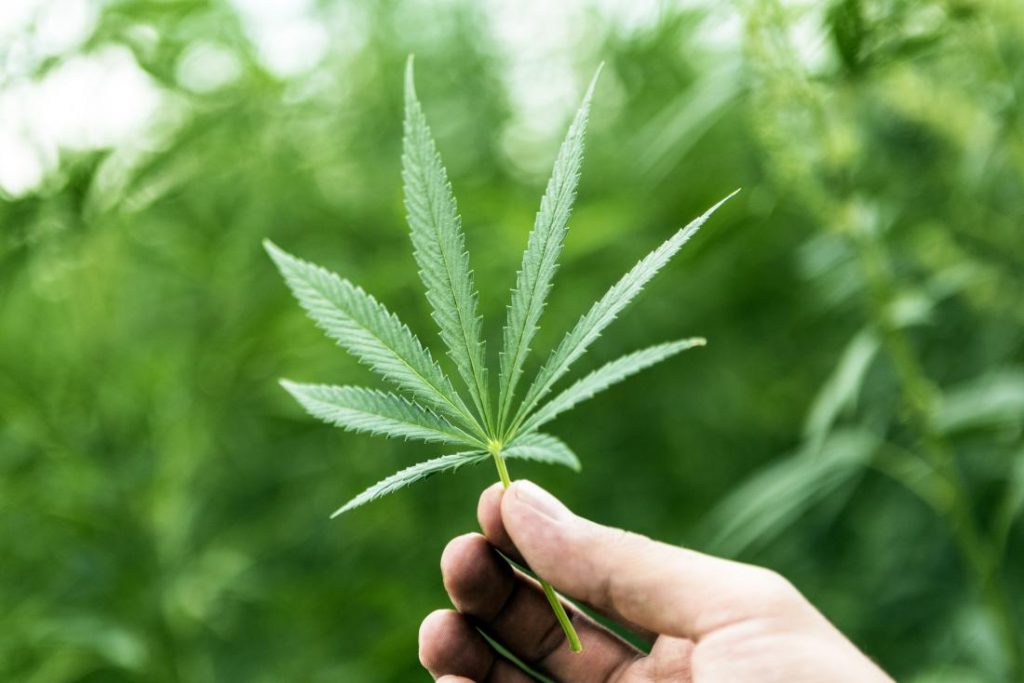KATHMANDU: In a significant policy shift, the government has announced plans to make legal arrangements for the commercial production of marijuana for medicinal purposes. Finance Minister Barsha Man Pun revealed this initiative while presenting the budget for the fiscal year 2024-25 on Tuesday.
The announcement follows a thorough study by a working group formed in 2080 BS under the coordination of the then joint secretary of the Ministry of Home Affairs. This group was tasked with examining the feasibility of cannabis cultivation for medicinal use.
“This year, we are taking a decisive step towards the commercial production of marijuana for medicinal purposes,” said Finance Minister Pun. “This move will be facilitated through appropriate legal frameworks to ensure it is conducted responsibly and safely.”
The push for legalizing cannabis cultivation has been gaining momentum in Nepal for several years. Last year, Finance Minister Prakasharan Mahat had also announced the government’s intention to study the possibilities of cannabis cultivation in the budget for the financial year 2023-24. The budget statement had included a commitment to explore the feasibility of cannabis cultivation for medicinal use.
Global perspectives on cannabis are shifting, and the United Nations has removed marijuana from its list of harmful drugs. This decision by the United Nations Commission on Narcotic Drugs (UNCND) came after a series of recommendations from the World Health Organization (WHO), recognizing the medicinal benefits of cannabis.
The legalization of marijuana for medicinal purposes is expected to have significant economic and health benefits for Nepal. By regulating the cultivation and production processes, the government aims to ensure that medicinal marijuana can be safely produced and accessed by those in need.
“We are aligning with global trends and scientific research that highlight the medicinal benefits of cannabis,” Minister Pun added. “This policy change will open up new economic opportunities while ensuring that we prioritize public health and safety.”
The government’s move has been welcomed by advocates who have long demanded the legalization of cannabis cultivation in Nepal. They argue that it could provide a substantial boost to the agricultural sector, create jobs, and generate significant revenue.
Legalizing cannabis for medicinal purposes also aligns with international best practices, ensuring that Nepal can benefit from advancements in medical research and cannabis-derived treatments. The government’s commitment to establishing a robust legal framework will be crucial in managing this new industry effectively.
As part of the upcoming legal arrangements, the government plans to implement stringent regulations to control the cultivation, production, and distribution of medicinal marijuana. This will include measures to prevent misuse and ensure that only licensed entities can participate in the market.
The announcement marks a progressive step towards embracing alternative medicinal practices and acknowledges the potential of cannabis as a valuable resource in the healthcare sector. With proper regulation and oversight, Nepal aims to become a responsible producer of medicinal marijuana, contributing to both domestic health needs and the global market.

